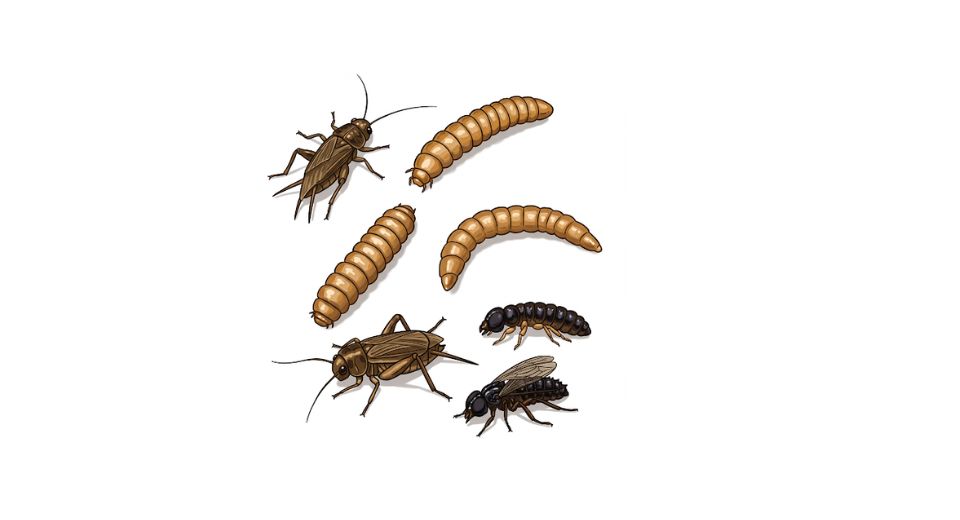
Mar 17, 2025

This livestock feed sustenance studies include other more sustainable alternatives under innovative feeds like insect inclusion in animal feed. As per Metastat Insight, the Global Edible Insects for Animal Feed market is rapidly gaining momentum with industries keen on alternative protein sources meeting ecological sustainability criteria and nutritional efficiency. With the introduction of insects into animal feed, the traditional feeding systems are seeing some changes toward a more resource-efficient manner, taking the pressure off the conventional protein sources.
Global Edible Insects for Animal Feed market is estimated to reach $829.5 million in 2025 with a CAGR of 20.68% from 2025 to 2032.
Edible insects intend to bridge the gap between the livestock and aquaculture industries in improving their diets. The insects possess a natural composition of high-protein, essential amino acids, and good fats, which means they could serve as substitutes for other conventional feed components. Lately, as conventional protein resources are being confronted with limited availability and sustainability, the demands placed on insect-based alternatives have been rising. There are feed-mills that were seeking the viability of developing nutrient-rich formulations utilizing mealworms, black soldier flies, crickets, and other insects to meet the nutritional requirements of poultry, fish, and livestock production.
Research and technological advancements have gone a long way in streamlining insect farming by guaranteeing production up to quality and safety standards. Insects can be bred on organic waste materials, thus contributing to lowering the environmental concerns related to feed production. This definitely gives extra points to any industry hoping to work towards sustainable trends without sacrificing the nutritional value of animal feed. The systematic large-scale farming of edible insects means producers can uphold protein yield consistency, thus tending to concerns on feed reliability and composition.
The regulatory environment will guide the fast expansion of the trade with authorities overseeing health procedures, cultivation regulations, and product acceptability. Several countries powerfully support insect inclusion in animal feed with policies that guarantee quality control measures. The new regulatory paradigm is suggestive of a somewhat lucrative spirit that accredits insect-based proteins to be integrated into conventional feed production, hence adding further impulse for growth.
The edible insect market is experiencing additional development within other commercial feed manufacturers' activities, but also by independent farmers that are interested in low-cost options. Insect-based feed is already being tested in small and medium scale livestock operations to improve growth rates and overall health. The trend is thus creating new forms of business cooperation between insect farms and feed processors.
Drop us an email at:
Call us on:
+1 214 613 5758
+91 73850 57479